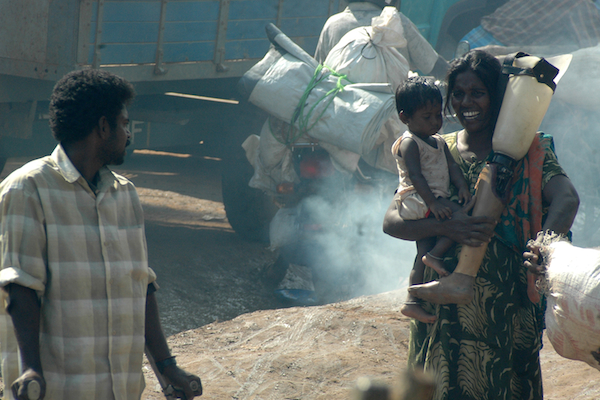by The Social Architects, ‘International Policy Digest,’ November 23, 2012
Disclaimer: The following document was anonymously submitted to International Policy Digest (IPD) by The Social Architects (TSA).
The Lessons Learnt and Reconciliation Commission (LLRC) Final Report contains many positive recommendations which merit immediate attention. This document is designed to capture the essence of those key positive recommendations and to come out with a meaningful action plan which will open the door to true reconciliation, sustainable peace, institutional reform and improved governance.
Regrettably, the Government of Sri Lanka (GoSL) has failed to act upon these constructive LLRC recommendations. In addition, the GoSL’s recently released action plan is rife with misleading, excessively general information; it is not an action plan that seeks to promote human rights, reconciliation or a lasting peace.
TSA’s plan has been written after consultation with a variety of stakeholders: including dozens of civil society leaders, thousands of community members in Sri Lanka’s North, East and Hill County and some members of the diaspora. It is the result of numerous interviews, seventy-one lengthy meetings, and several months of reflection, discussion and hard work. Importantly, it has embraced community participation at every stage.
Sri Lanka is a country in urgent need of reform; the country situation mandates it. However, the impetus to implement the LLRC recommendations can be linked directly to the passage of the United Nations Human Rights Council (HRC) resolution on Sri Lanka this past March. In the spirit of reconciliation and in search of a lasting peace within a united Sri Lanka, the Lessons Learnt and Reconciliation Commission People’s Action Plan (LLRC PAP) seeks to bring many of these recommendations to life.
From a careful analysis of the LLRC’s Final Report, the commission’s recommendations are focused upon flaws related to governance, weak institutions and a consistent lack of political will. With this in mind, the components and key actions in the LLRC PAP have been structured and prioritized. What is more, the methods of implementation and the respective responsibilities of stakeholders have been denoted in detail.
The LLRC PAP takes the perspective of a broad range of stakeholders into account: the commission itself, the GoSL, community members from the country’s conflict-affected areas and the international community, including the United Nations (UN) and the UN’s Human Rights Council (HRC).
The LLRC PAP is forward-thinking, consensus-oriented, pro-devolution and adheres to international standards. Thirty-five critical LLRC recommendations (related to demilitarization, land, language rights and disappearances, among other issues) are highlighted in this document. Implementation will be two-tiered, pertaining to the North-East and also countrywide. Significantly, most of the LLRC PAP’s enactment will rely upon existing governmental agencies. The plan’s implementation is built around an appropriate regional governance structure which will be absorbed into existing governance structures.
The LLRC, another presidentially-appointed commission, has finished its work. For the betterment of the country, the positive recommendations of the LLRC can and should be implemented without further delay. Though still unlikely in the near-term, a return to violence in the coming years is not out of the question.
Read the report by clicking here.
